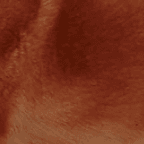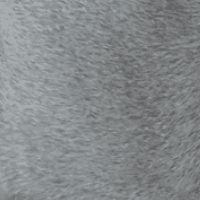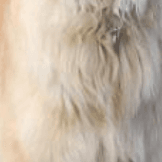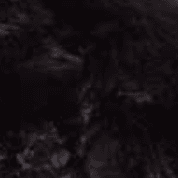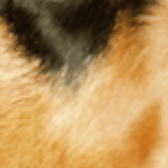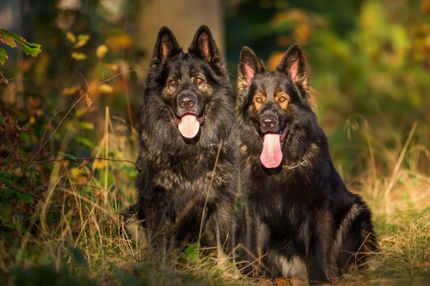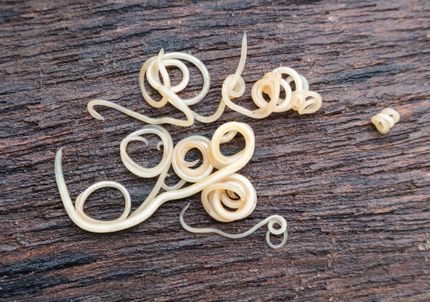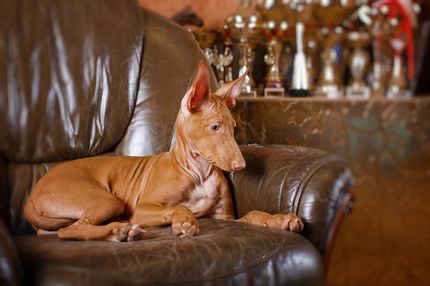Facts & Origin
What is the origin of the Prague Ratter?
According to tradition, the Prague Ratter was very popular with the aristocratic society in their early days. The Polish king Boguslav II the Bold, who reigned from 1058 to 1080, is said to have kept two of the small Czech dogs. They were probably a gift from King Vladislav II. Other writings prove that Prague rattlers were also given to other aristocratic courts: In the work "Histoire de France" the historian Jules Michalet tells of dogs that the Czech monarch Charles IV presented to the French king Charles V in 1377. Up to 18 rattlers also lived at the court of Rudolf II, the King of Bohemia. The small animals were well respected and were even allowed to be a part of feasts. With the Battle of the White Mountain in 1620, the nobility in the Rattler's homeland lost importance. Instead, they enjoyed increasing popularity among the middle class as well as farmers. Their task was to free stables, farms and houses from unwanted rodents. In the course of the following centuries, the Prague Ratter were forgotten about to an extend of them getting confused with German Dwarf Pinschers at dog shows in the Czech Republic. Since the Ratter is smaller, however, it was given consistently bad ratings. The mistake was recognised by the dog lovers Theodor Rotter and Otto Karlik, who revived the breed after extensive research. After the Second World War however the number of existing specimen was once again modest.
It was not until the 1980s that the breed was revived. Since 2019 the Prague Ratter has been recognised by the international dog association FCI.
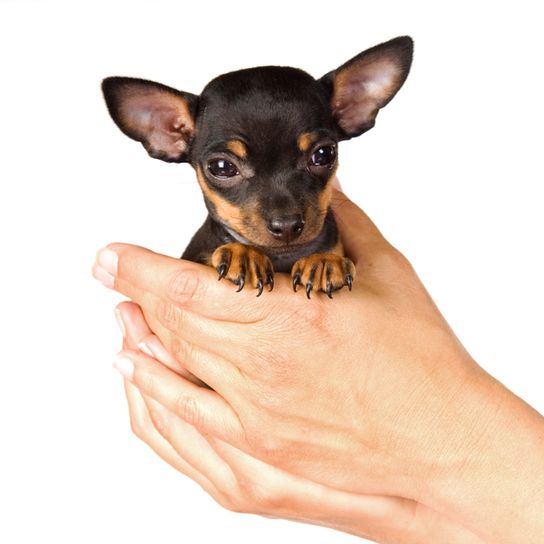
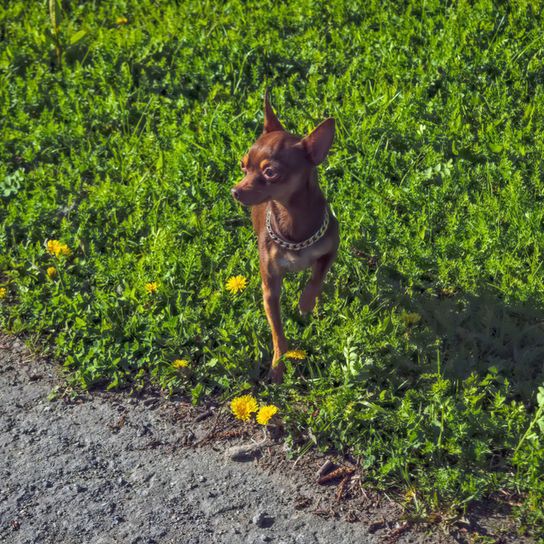

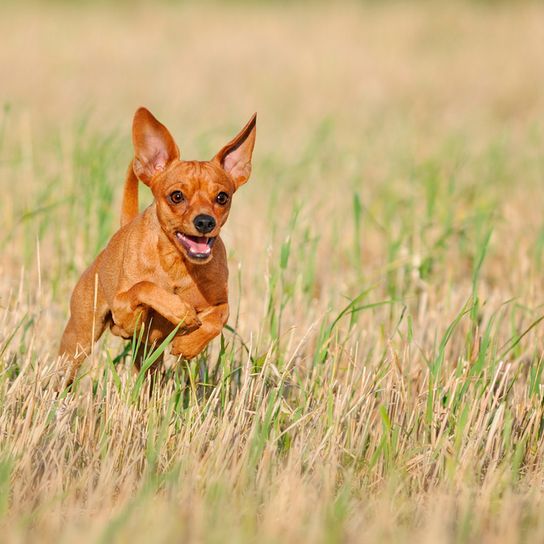
| Alternate Name | Pražský krysařík |
| Origin | Czech Republic |
| Life expectancy | 12 - 15 years |
| Care requirements | low-maintenance |
| Activity level | average |
| FCI group | Continental Toy Spaniel and others |
| AKC group | not recognised |
| KC group | not recognised |
Prague Ratter mixes
Attitude, character and temperament of the breed
What are the typical character traits of the Prague Ratter?
With their friendly nature the Prague Ratter is a pleasant companion. They feel almost magically attracted to people and like to spend a lot of time with their owners. They like to make themselves comfortable on your lap and enjoy extensive cuddles. Similar to a cat, they prefer a place from where they feel like they have everything under control.
The little four-legged friend gets along well with
- other dogs,
- cats and
- other animals that are bigger than him.
- Rodents, on the other hand, are considered prey, so you should never leave them unattended with hamsters & co.
Since the Prague Ratter is particularly sociable, they don't like to be left alone. Because of its small size, however, it is usually not a problem to take them to work with you or into restaurants. It is even allowed to bring them into the cabin of an airplane in a suitable box. The pelt-nose gets along particularly well with children, who find a tireless playmate in them. It is important that children treat it gently however: when playing too wildly, the animal's delicate bones can easily break. When dealing with the Prague Ratter, respect and a certain degree of politeness have proven their worth. If they feel like they are being treated in an unfair way, they can get very stubborn. The Prague Ratter can be kept both in a city apartment or in a house in the countryside.
Character
Usage
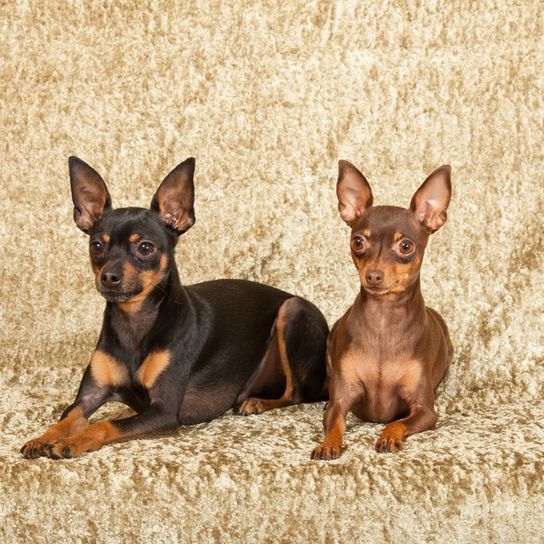
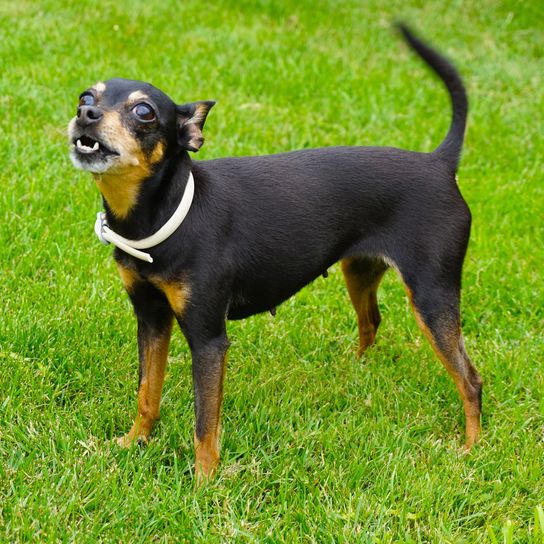

What are typical diseases of Prague Ratters?
Some health problems occur more often with the Prague Ratter, among them are
- The Legg-Calvé-Perthes disease: This refers to a hereditary malposition of the hip joint
- Patella luxations
- Malpositioned teeth
- Broken bones: due to its filigree build
A dog with a maximum weight of only 2.6 kilograms needs correspondingly little amounts of food. In order to avoid overweight, it is better to weigh your darling frequently. Every gram too much puts a strain on their tender joints.
What to consider in regards to Prague Ratter breeding?
You should buy your Prague Rattler puppy only from a reputable breeder. This way you can be sure that the little animal will be vaccinated and dewormed. Prague Ratters are bought by dog lovers after they have received all the papers and the pedigree of the parent animal. It is also important that the animals are chipped and make a healthy impression. A Prague Ratter puppy costs about 500-900 Euros.

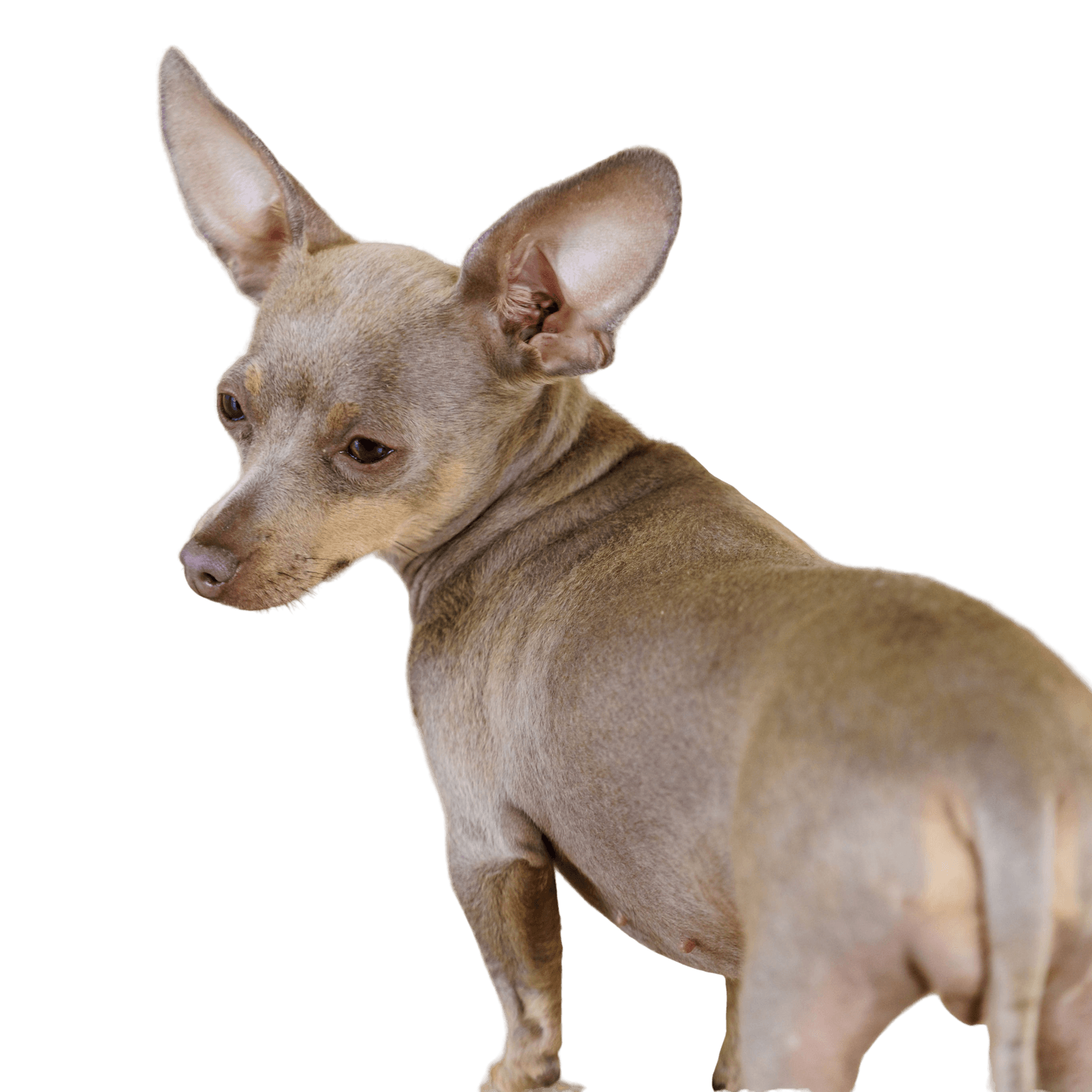
What are the breed characteristics of Prague Ratters?
Together with the Chihuahua, the Prague Ratter belongs to the smallest dog breeds in the world. Very typical is the pear-shaped head with a slender muzzle. The small animal carries the pointed ears high and upright. Their dark eyes look at you attentively.
Look and coat of the Prague Ratter
The Prague Ratter wears a thin and short coat. Mostly, the hair is black and brown with prominent markings on the cheeks, above the eyes, on the chest and on the legs. As the small animals get cold quickly, it is better to put a dog coat on them in winter. The care of your little darling is not very complicated. It is sufficient to treat the shiny coat with a soft brush every three days.
What is the average size of a Prague Ratter?
A Prague Ratter grows to a height of 20 to 23 centimeters.
How much does a Prague Ratter weigh?
Prague Ratters are lightweights that only weigh about 2.6 kilograms.
What is the life expectancy of a Prague Ratter?
Prague Ratters reach an age of up to 15 years.
| Fur length | short |
| Fur | flat coated |
| Ear shape | Standing Ears |
| Tail | lang |
| Anatomy | sporty |
| Size ♀ | 20 - 23 cm |
| Weight ♀ | 2 - 4 kg |
| Size ♂ | 20 - 23 cm |
| Weight ♂ | 2 - 4 kg |
| Suitable For | Children, Seniors |
Colors



Known Diseases
Patellar problems
Problems with the Patellar can be a displacement or weak kneecap, which is one of the most common causes of lameness in dogs, also because of overweight.
Patellar luxation
Patellar luxation is the term used to describe a displacement of the kneecap, which is one of the most common causes of lameness in dogs.







